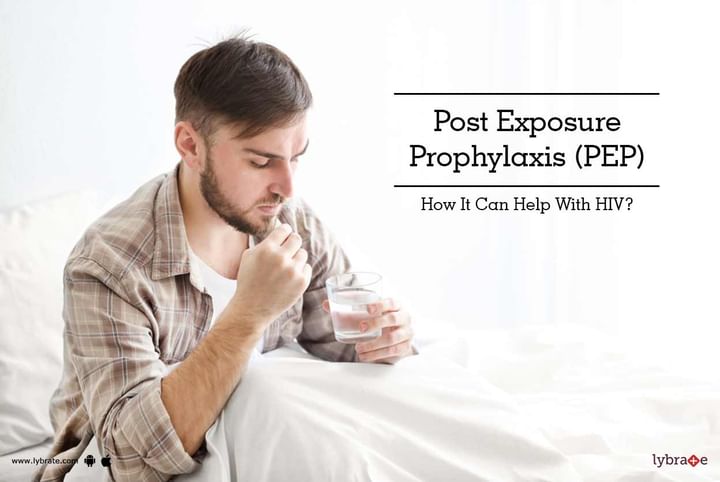Post Exposure Prophylaxis (PEP) - How It Can Help With HIV?
When you are potentially exposed to HIV, and if there is a way to prevent from getting infected, you will seek to perform it. One such procedure is Post Exposure Prophylaxis (PEP) which must be initiated within 72 hours of possible exposure to HIV.
What is PEP meant for?
The Human immune deficiency virus causes HIV infection that affects the immune system and is considered to be one of the deadly forms of infections. This virus spreads through bodily fluids such as blood, semen, vaginal fluids and breast milk. There are chances of encountering the infection under the circumstances such as having sexual intercourse or sharing needles with an infected person by accident. In such a case, PEP (Post Exposure Prophylaxis) can come to your aid in preventing the infection.
The medical term PEP refers to the intake of ARV or antiretroviral medicines after being exposed to the human immunodeficiency virus. To be more specific, PEP is a short-term antiretroviral treatment that works towards reducing the symptoms and likelihood of the HIV infection after being exposed to it.
Who should opt for PEP treatment?
PEP can be ideal for everyone who comes in contact with the HIV and is an HIV negative. Whether one is exposed to HIV through a needle stick injury during his/her work as a health care professional, or whether it’s unprotected sex that has exposed one to HIV, or the sharing of used needles or through sexual assault, opting for the PEP can be the next best step as it is particularly meant for emergency situations.
When and how long PEP can be taken?
As per the research, PEP should be taken within 3 days or 72 hours from the possible time of being exposed to HIV. If taken after 72 hours, the PEP most likely cannot help in preventing the HIV infection, hence the sooner, the better in this case. The course of PEP involves 3 ARV or more per day for almost 28 days. Along with taking the ARV medications, one must visit his/her health care professional at certain intervals for HIV testing and other related tests.
Are there any side-effects of taking PEP?
When opting for PEP treatment, some people may experience a few side effects due to it, which varies from person to person, such as vomiting, nausea, headaches, diarrhea, fatigue, etc. However, none of the side effects are life-threatening and can be easily treated. Often, it is due to the reaction of the PEP medications with other drugs that one is taking at the same time that the side-effects start showing. Moreover, as PEP can potentially prevent HIV infection, this benefit certainly outweighs the inconvenience caused as side effects.
PEP is considered to be one of the most effective and promising treatments available for preventing HIV infection if taken correctly and within the certain time duration. In case one thinks he or she has been exposed to HIV somehow, talking to a health care professional regarding PEP becomes crucial. If you wish to discuss about any specific problem, you can consult a General Physician.



+1.svg)
